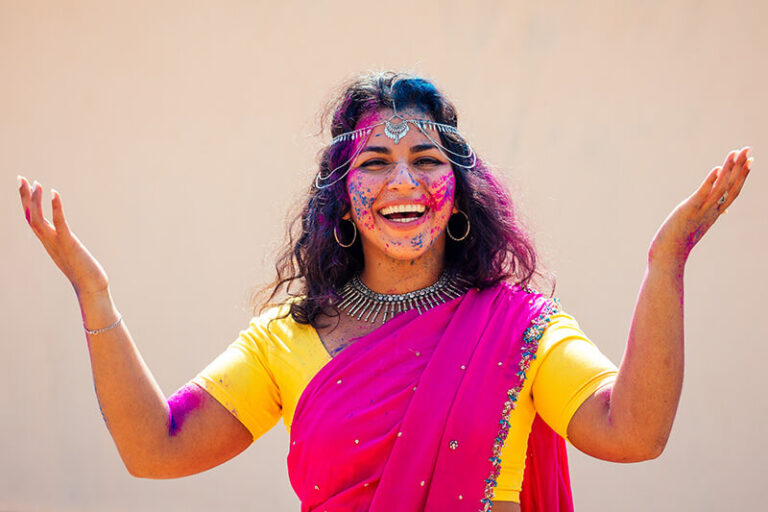In recent years, India has emerged as a dynamic force on the world stage, reclaiming its historical position as a regional power and rising to the status of a global influencer. With its growing economic competence, strategic significance, and rich cultural heritage, India is increasingly shaping global policies, cultivating international partnerships, and leaving a permanent mark on the global cultural landscape. In this blog post, we will explore India’s remarkable re-emergence as a regional power and examine its growing influence as a global policy and cultural influencer.
India’s rapid economic growth and development over the past few decades have been instrumental in elevating its status on the global stage. With a rapidly advancing middle class, a thriving entrepreneurial ecosystem, and a youthful demographic dividend, India has become one of the world’s fastest-growing major economies. The government’s focus on economic reforms, infrastructure development, and fostering innovation has attracted foreign investment, fueled technological advancement, and propelled India onto the global economic map.
As the world’s largest democracy and a key player in the geopolitics of South Asia, India holds significant strategic importance on the global stage. Its strategic location, maritime interests, and military capabilities make it a crucial partner for regional stability and security. India’s proactive engagement in multilateral forums such as the United Nations, BRICS, and G20 reflects its commitment to shaping global governance and addressing pressing global challenges such as climate change, terrorism, and pandemics.
India’s diplomatic outreach and foreign policy initiatives have played a pivotal role in expanding its global influence and strengthening international partnerships. Through initiatives such as the “Act East Policy,” “Neighborhood First Policy,” and “Connect Central Asia Policy,” India has deepened its engagement with neighboring countries, fostered regional integration, and enhanced connectivity across Asia. Additionally, India’s diplomatic efforts to strengthen ties with major powers such as the United States, Russia, and European Union have strengthened its position as a key player in international affairs.
India’s rich cultural heritage, traditions, and soft power have long served as a source of fascination and inspiration for people around the world. From yoga to Ayurveda and Indian cuisine, Indian culture continues to captivate global audiences and encourage cultural exchange. The government’s efforts to promote Indian culture through initiatives such as the International Day of Yoga, cultural festivals, and exchange programs have further enhanced India’s soft power and cultural influence on the global stage.
While India’s re-emergence as a regional power and global influencer is undeniable, it also faces several challenges on its path to greater prominence. Economic disparities, social inequalities, regional conflicts, and geopolitical tensions pose significant hurdles to India’s aspirations for global leadership. However, with its vibrant democracy, resilient economy, and diverse cultural heritage, India is well-positioned to overcome these challenges and seize the opportunities for growth, cooperation, and leadership in the 21st century.
India’s return as a regional power and global influencer is a proof to its resilience, dynamism, and cultural richness. With its growing economic dominance, strategic importance, and soft power, India is poised to play an increasingly influential role in shaping global policies, and encouraging international cooperation. As India continues on its path of growth and development, its re-emergence as a global powerhouse offers new possibilities for a more prosperous, peaceful, and interconnected world.




